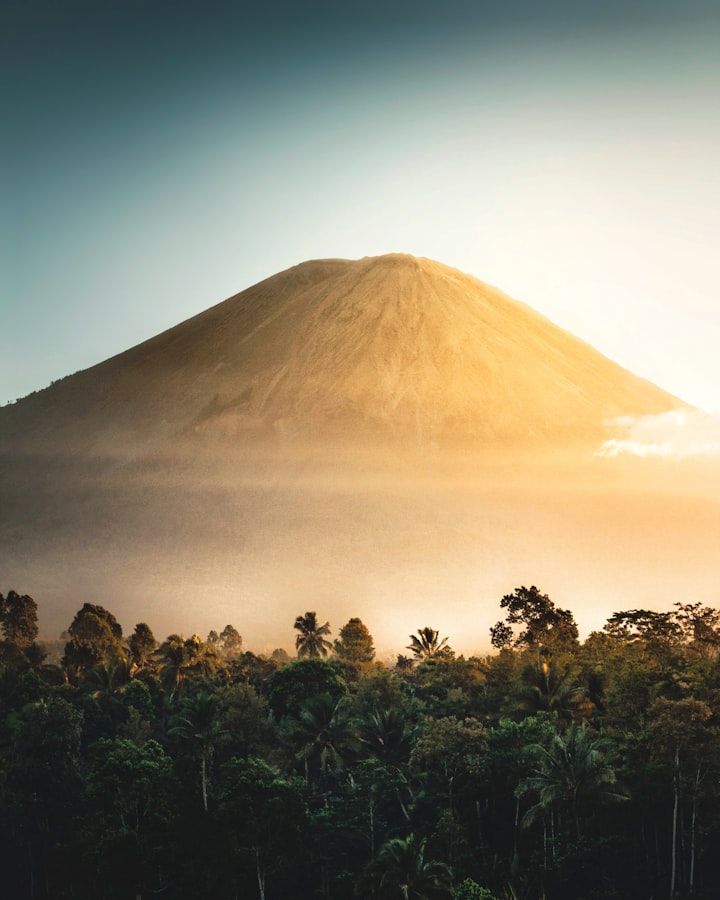There is no such thing as a climate alarmist
Imagine betting everything—your life, your children's future—on the unpredictable odds of climate change. The stakes are unimaginably high, and the danger is impossible to overstate. Yet, some would dismiss these warnings as alarmist.

A while back, during a conversation, the other person said something that stayed with me. They called some people "climate alarmists".
Climate alarmists hell-bent on wanting to reverse progress with a frightening religious zeal. Climate alarmists dedicated to making us all ride bicycles, take trains and eat bugs, rather than drive cars, fly in airplanes, and enjoy the cool fresh breeze coming out of an air conditioner on a hot summer's day. Zealots proselytising their version of self-inflicted austerity on the world.
Except there is no such thing as a climate alarmist.
There is no such thing as a climate alarmist because there cannot be such a thing as a climate alarmist.
Today, entire nations, usually poor, most of which barely contributed to our collective greenhouse gas emissions, some of which (Nauru [[0]] [[1]] [[2]] [[3]]) have been transformed into a hellscape by foreign mining operations, are currently disappearing underwater and will be inhabitable in the coming decades [[4]] [[5]] [[6]].
These countries are keenly aware that nothing can be done to save them. Because of the inertia of climate change processes, stopping all greenhouse gas emissions today wouldn't change a thing for them. There is a time lag [[7]] [[8]] [[9]]. This is why some of them are currently buying land in neighbouring, hopefully, safer, countries, like Fiji [[10]] [[11]], or negotiating migration deals with Australia [[12]] [[13]].
Other nations, already economically fragile, will see their infrastructure and economic investments underwater in the next decades.
Many, some already, will have to divert a significant part of their budget from investing in their economy and their population's well-being towards attempting to protect the infrastructure they already have [[14]], or rebuilding elsewhere, from scratch [[15]] [[16]].


